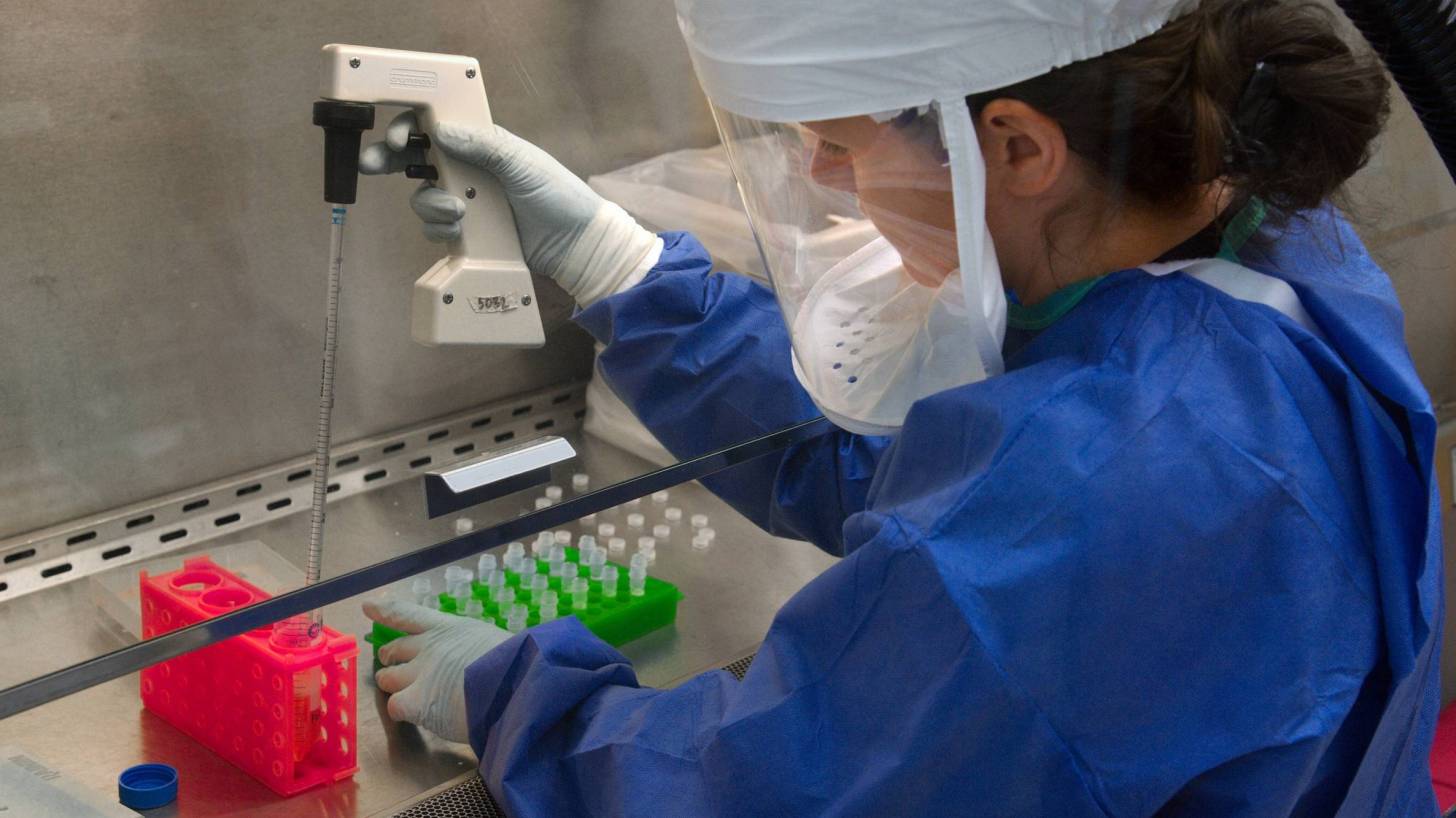$15 Million Dollars Awarded For Rare Disease Research

The U.S. Food and Drug Administration (FDA) announced that it has awarded 12 new clinical trial research grants totaling more than $15 million dollars over the next 4 years to enhance the development of medical products for patients with rare diseases.
The grants awarded by the FDA are focused on supporting product development to meet the needs of patients impacted by a variety of rare diseases, mainly those affecting children and cancers.
Two-thirds (67%) of the new awards fund clinical studies of products for use in various rare cancers.
The FDA received 89 clinical trial grant applications that were reviewed and evaluated for scientific and technical merit by more than 100 rare disease experts, including members of academia.
The FDA’s Orphan Products Clinical Trials Grants Program contributes to the marketing approval of products to treat rare diseases or provide essential data needed for the development of such products.
“To date, the Orphan Products Clinical Trials Grants Program’s grants have supported research that led to the marketing approval of more than 60 treatments for rare diseases,” said FDA Principal Deputy Commissioner Amy Abernethy, M.D., Ph.D., in an October 8, 2019, press release.
The award recipients, principal investigators and the approximate funding amounts are listed alphabetically below:
- Chemocentryx, Inc. (Mountain View, California), Peter Staehr, phase 2 study of avacopan for the treatment of complement 3 glomerulopathy – $1 million over two years
- Cincinnati Children’s Hospital Medical Center (Cincinnati, Ohio), Maryam Fouladi, phase 1 study of PTC596 for the treatment of diffuse intrinsic pontine glioma & high-grade gliomas -- $750,000 over three years
- Cincinnati Children’s Hospital Medical Center (Cincinnati, Ohio), Parinda Mehta, phase 2 study of quercetin chemoprevention for the treatment of squamous cell carcinoma in patients with Fanconi Anemia – $1.7 million over four years
- Columbia University Health Sciences (New York, New York), Gary Brittenham, phase 2 study of daily vitamin D for the treatment of sickle-cell respiratory complications – $2 million over four years
- Cumberland Pharmaceuticals, Inc. (Nashville, Tennessee), Ines Macias-Perez, phase 2 study for oral ifetroban for the treatment of cardiomyopathy associated with Duchenne muscular dystrophy – $1 million over three years
- Massachusetts General Hospital (Boston, Massachusetts), Sara Pai, phase 2 study of anti-PD1 therapy for the treatment of HPV-associated recurrent respiratory papillomatosis – $1 million over three years
- New York Medical College (Valhalla, New York), Mitchell Cairo, phase 2 study of viral-specific cytotoxic T-lymphocytes for the treatment of refractory viral infections and T-cell immunodeficiency – $1.7 million over four years
- Privo Technologies, LLC. (Peabody, Massachusetts), Manijeh Goldberg, phase 1/2 study of cisplatin patch (PRV111) for the treatment of oral cancer – $2 million over four years
- Targeted Therapy Technologies, LLC (Somerset, New Jersey), Ricardo Carvalho, phase 1 study of episcleral topotecan for the treatment of retinoblastoma – $660,000 over three years
- The University of Alabama at Birmingham (Birmingham, Alabama), Gregory Friedman, phase 1 study of oncolytic engineered herpes simplex virus therapy for the treatment of pediatric malignant cerebellar brain tumors – $750,000 over three years
- University of California San Diego (La Jolla, California), Jason Sicklick, phase 2 study of temozolomide for the treatment of gastrointestinal stromal tumor – $1.5 million over three years
- University of Texas MD Anderson Cancer Center (Houston, Texas), Michael Andreeff, phase 1/2 study of the imipridone (ONC201) for treatment of acute myeloid leukemia – $1 million over four years.
“Since its creation in 1983, the Orphan Products Grants Program has provided more than $400 million to fund more than 600 new clinical studies,” said Janet Maynard, M.D., director of the FDA’s Office of Orphan Products Development.
“We are pleased to continue to support research for a variety of rare diseases that have little, or no, treatment options for patients. By helping to spark research, we hope to speed the development of products for rare diseases, and ultimately, make needed treatments available to those patients who need them most.”
About three-quarters of the new awards fund studies enrolling children, including children as young as one month.
The FDA, an agency within the U.S. Department of Health and Human Services, protects the public health by assuring the safety, effectiveness, and security of human and veterinary drugs, vaccines and other biological products for human use, and medical devices. The agency also is responsible for the safety and security of our nation’s food supply, cosmetics, dietary supplements, products that give off electronic radiation, and for regulating tobacco products.
Vaccine news published by Precision Vaccinations
Our Trust Standards: Medical Advisory Committee


























